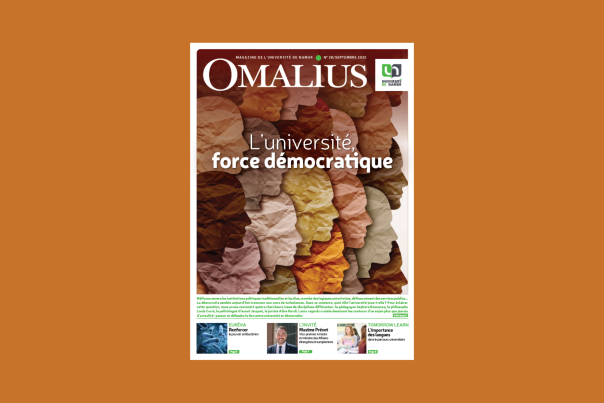On the citizens' side, AI has been transforming election campaigns for some years now. Micro-targeting, automated disinformation, manipulation of emotions via social networks: these are all formidable tools that can skew public debate. The 2016 US presidential campaign clearly illustrates this problem."Cambridge Analytica, for example, targeted and influenced undecided voters whose positions could be tilted in Donald Trump's favor. Around 20 million undecided voters thus received tailored messages, such as memes, videos, blog posts in favor of Trump", recalls Aline Nardi. Combined with social networks, AI therefore calls into question the right of voters to form an opinion based on pluralist and reliable information.
More recently, the Romanian Constitutional Court invalidated the 2024 presidential election on the grounds of misuse of AI and lack of transparency in digital campaigns. "This affected the freely expressed nature of the citizens' vote and in particular their right to be properly informed, explains Aline Nardi.
The European Union is trying to take action against these abuses. Several regulations have been put in place. They aim to frame digital technologies and limit their harmful effects on the information space, particularly during electoral processes. These regulations include the Digital Services Act (DSA), the AI Regulation and the Transparency and Targeting of Political Advertising Regulation (TTPA). These regulations have prompted Google, and more recently Meta, to stop allowing political, electoral and social issue advertising in the European Union.
"However, questions remain as to the applicability, concrete implementation and effectiveness of certain standards stemming from bodies of digital law", alerts Aline Nardi, who calls for "sortir de ce flou juridique".


